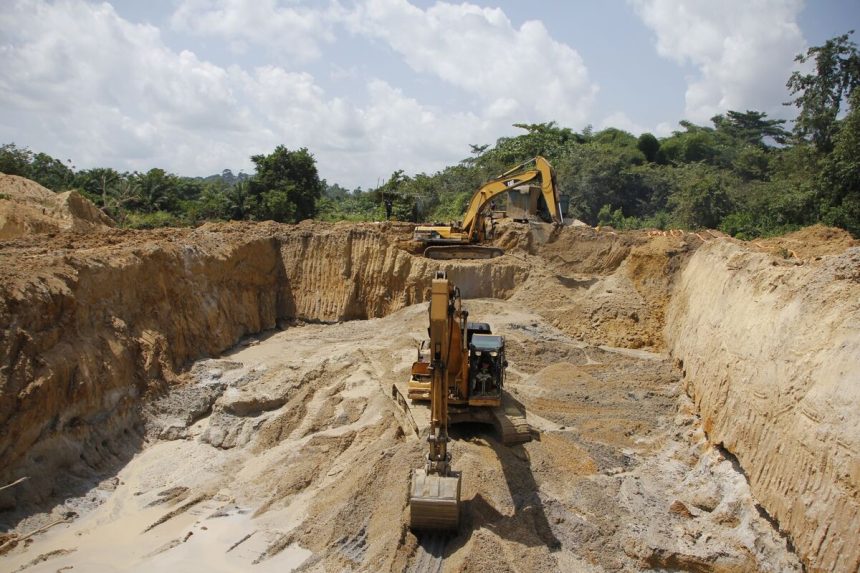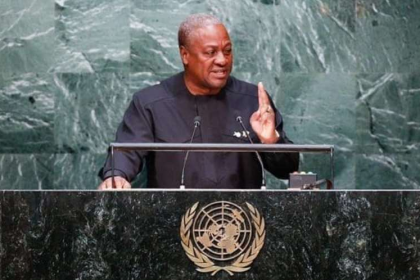The government has decided to abolish the 15 percent value-added tax on mineral exploration and reconnaissance activities, marking a major shift in its strategy to attract new investment into the mining sector.
The tax, previously imposed on early-stage exploration work such as drilling, sampling and geological surveys, had long been criticised as a barrier that discouraged companies from initiating new projects.
Because exploration is high-risk and generates no immediate revenue, investors were effectively paying tax before any commercial returns were guaranteed. Finance Minister Cassiel Ato Forson told Parliament that the levy had “discouraged greenfield activity” and that removing it was necessary to restore Ghana’s competitiveness.
Industry analysts had argued that Ghana’s tax burden made exploration more expensive than in neighbouring countries, prompting some firms to delay or cancel plans to invest in untested areas.
Early-stage exploration is often the most speculative phase in the mining cycle, and companies typically shoulder significant losses before discovering commercially viable deposits.
The now-scrapped levy increased those upfront costs and, in some cases, pushed investors to focus only on already-developed mines or to move activity outside Ghana.
The government believes that eliminating the tax will immediately lower the financial threshold for companies seeking to explore new areas, especially in regions with little or no previous mining activity.
Officials say the reform is also intended to bring more prospecting into the formal sector, addressing concerns that restrictive tax burdens had driven some operators toward illegal or informally regulated exploration.
The administration argues that with fewer financial obstacles, legitimate companies are more likely to apply for permits, comply with environmental standards and operate under proper oversight. The finance minister linked the move to broader efforts to promote responsible mining practices and reduce the environmental destruction often associated with unregulated prospecting.
The government expects that the removal of the levy will improve Ghana’s appeal to international mining investors by aligning its tax system with those of countries that currently offer more favourable regimes. While the move will reduce tax revenue in the short term, officials say the long-term gains from increased exploration, new mines and expanded mineral exports will outweigh the immediate losses. They also note that mining accounts for a significant portion of Ghana’s foreign-exchange earnings and that the country must position itself to compete for global investment at a time when companies are diversifying into new regions.
This reform is part of a wider package of tax adjustments announced by the government, including reductions to the general VAT rate, the scrapping of the COVID-19 Health Recovery Levy, and changes intended to ease the burden on small businesses. Although the removal of the exploration VAT is seen as one of the most significant changes, officials acknowledge that successful implementation will depend on clear communication and consistency.
Investors will be watching to see how quickly the updated regulations are codified and whether the government can maintain a predictable policy environment.
The abolition of the tax does not guarantee successful exploration outcomes. Many exploration projects fail to yield commercially viable deposits, even with favourable tax policies. But the government argues that its role is to create the conditions under which companies are willing to take on that risk.
The hope is that with lower costs and fewer barriers, more firms will be encouraged to conduct geological surveys, drill test holes and pursue discoveries that could eventually lead to new mines, jobs and revenue.
The impact of the reform will become clearer in the coming months as the mining sector responds to the policy shift.
For now, the government is presenting the decision as a necessary step toward revitalising exploration activity and positioning Ghana as a more attractive destination for responsible mining investment.






